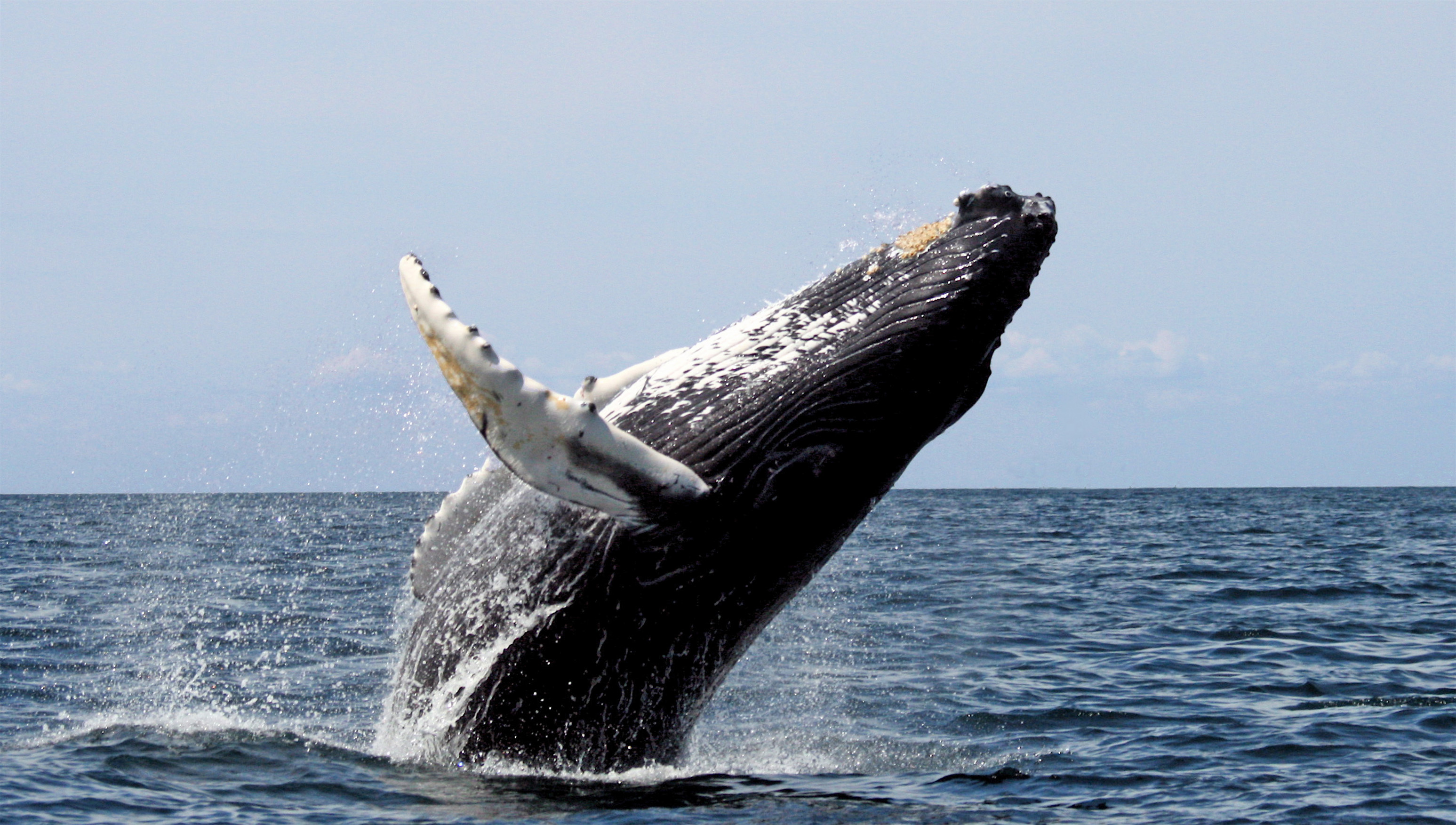This particular whale watch is the stuff of family legend, but not for the reasons you'd expect. My parents, aunt, uncle, nine month-old baby cousin, and I did not see a single whale that day. At least not that any of us can remember.
No, the big discovery I made during this boat ride had nothing to do with humpback whale feeding, vocalization, migration patterns, anatomy, or any of the other things I've come to understand about this highly-intelligent, majestic marine mammal since living in Juneau.
The big life lesson, the major revelation, the seismic awakening of that excursion was that it's possible to vomit through your nose.
A lot.
I still vividly recall the moment I discovered this. I was puking for perhaps the third or fourth time that hour, and I wasn't the only one. Really, the entire boat was an impromptu, unwitting reenactment of the memorable pie-eating contest scene in the movie Stand by Me. Women, children, babies--everyone--on this several hundred-person passenger vessel was vomiting within 45 minutes of leaving the dock. The crew was overwhelmed trying to replace barf bags and mop up puke all over the decks.
"I think I'm gonna diiiiiiiiiiiiiiie," I wailed to my mother, whose own face was a pallid hue of green. "No you're not," she replied curtly, sounding unconvinced. At that moment, I was seized by another wave of nausea and didn't have time to make it to the edge of the boat. I leaned over and emptied the remaining contents of my stomach onto a yellow safety line somewhere near the bow, and grabbed a metal railing for support with my left hand as vomit surged from both my mouth AND my nose. Even through my seasick delirium, I took conscious note of this with a mix of fear and fascination.
"IT'S COMING OUT OF MY NOSE! I'M DYING!!!!," I moaned loudly between heaves. My mom, a trained physician, reassured me that vomiting (through one's nose or otherwise) was generally not fatal in and of itself.
Spoiler alert: I did survive, though the proprietor of this tour outfit surely never expected this would be the primary lesson I took away from my first whale watch.
But it wasn't the last, since of course I've been on many whale watches by now and have only vomited a few times (organized whale watching in Juneau is mercifully inland of numerous fjords, and thus less likely to trigger an always unwelcome episode of vomiting through one's nose).
And I've learned something else a little more profound from whales since then. Something more profound, I mean, than the fact that vomiting through your nose is actually a thing.
The humpback social structure is loose-knit, consisting of individuals that live alone or in small, transient groups that disband after a few hours. Longer-term relationships have rarely been observed, though females possibly retain deeper bonds through cooperative feeding.
Presumably, the average humpback whale isn't depressed, anxious, or perpetually hyper-focused on what it weighs or how it looks (although those barnacles are surely problematic). It's not worried about whether its pod-mates are texting, emailing, or calling them back, or how many other whales like it on Facebook or Instagram or retweet its songs. The humpback just cruises around in the ocean, singing, filtering plankton through its face, mating, and gobbling down schools of herring. The humpback is neither sadist nor masochist, and rarely vomits through its nose/blowhole.
In short, the humpback probably doesn't care what other humpbacks think of it (at least not in the way we humans do) and is likely free of the burdensome sociological attachments and hangups from which some of its fellow mammals suffer. The humpback surely experiences love, but perhaps more of the simple, uncomplicated, and unencumbered variety.
In this way, the humpback whale has, unbeknownst to it, mastered the art of Zen. It is what it is. And that's a good thing to be.






